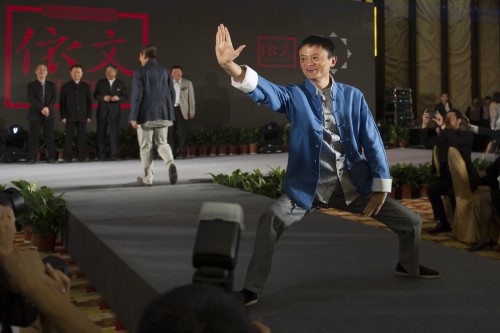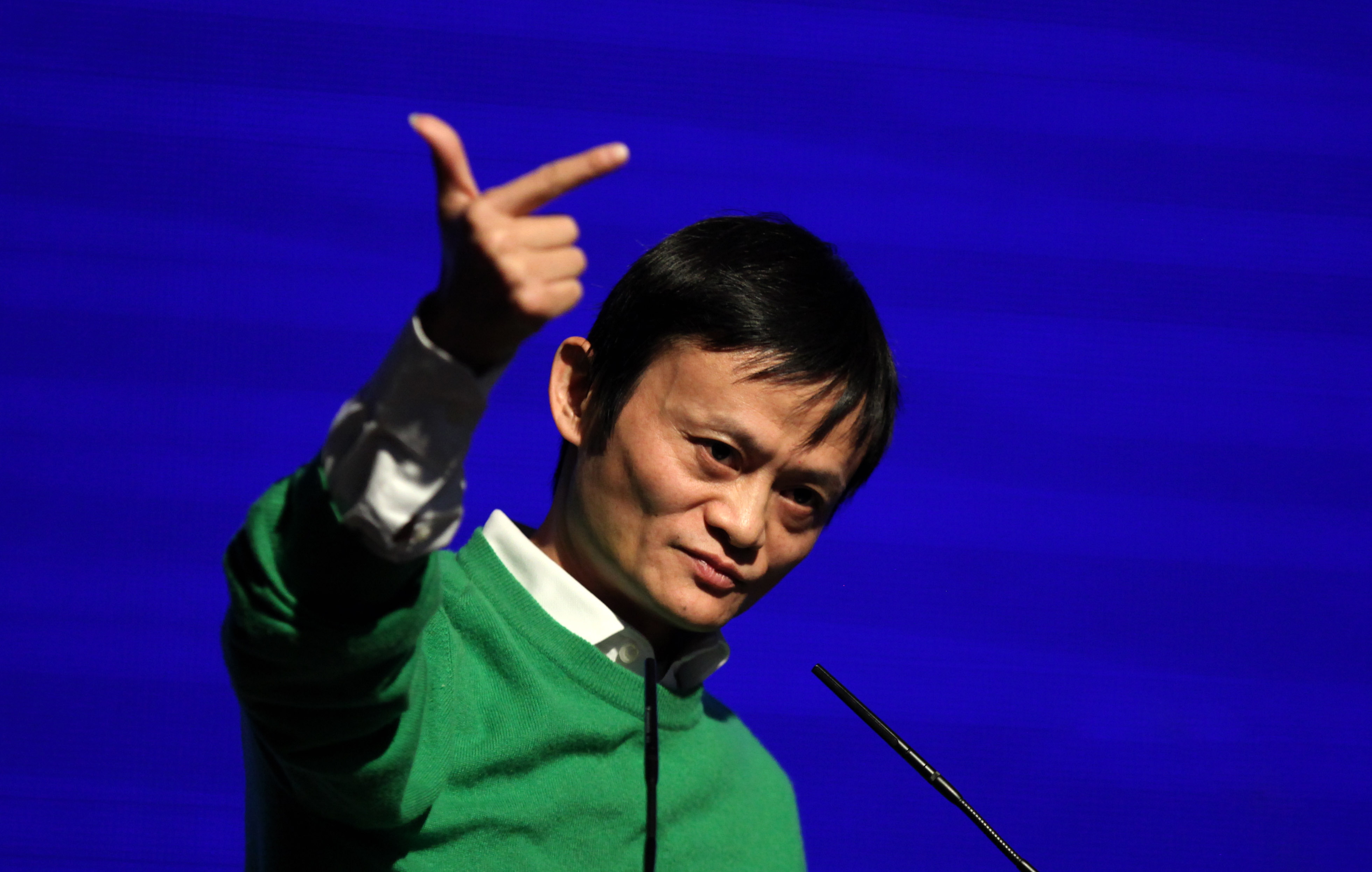By Alison van Diggelen, host of Fresh Dialogues
Jack Ma may be the richest man in China, but he’s also one of the greenest. Or is headed in that direction. He has commented publicly on China’s serious pollution and said that it’s a problem that “must be solved.” The Ma man is putting his money where his mouth is (see below for details).
Since 2009 he’s served as the Chairman of the Board on the Nature Conservancy’s China program and says, “Our challenge is to help more people to make healthy money, “sustainable money,” money that is not only good for themselves but also good for the society.”
So what’s behind Jack Ma’s environmental conscience? With vast wealth comes the ability to take a longer term view of the world:
“Most companies, when they’re doing good, they enjoy today’s wonderful life. They don’t worry about five years later—but I worry about five years later,” says Jack Ma. “I think one thing’s for sure — China’s environment will get better in 10 or 20 years. Business people like myself are beginning to pay attention to social issues including the environment and taking action and really treating this issue very seriously. And we’re doing it not for P.R. reasons, but because we know it is important. We know it is serious and that if we don’t take action, it will hurt ourselves, our children and our families.”
McDowall: Our guest is Business Matters regular, Alison van Diggelen. Among her many talents, Alison is an acclaimed interviewer and is host of the Fresh Dialogues series, which you can find online, and which features experts on green technology, sustainable enterprise, celebrities and inspirational women… Alison, good afternoon to you in the Golden State. Can we talk for a minute about Alibaba? What do you make of this chap Jack Ma?
van Diggelen: Well I’m quite impressed by Jack Ma. 
Of course, I’m always looking for the environmental, green angle as you mentioned earlier Mike. And he’s probably made enough money for a small country to live on, so he’s really turning his attention to the environment. He’s actually a major player in putting the attention on China’s environment. Its really bad: air pollution, water pollution. So I understand he’s putting 0.3% of the revenues from Alibaba into environmental causes, which I say: three cheers to that! (Reuters reports Alibaba’s revenues were $2.4Bn in the last quarter).
McDowall: Point three percent? Mind you, the revenues are enormous.
van Diggelen: Yes, absolutely. That’s probably a good tranche of money there.
McDowall: So he’s obviously someone we’re going to be seeing a lot more of in the future. He appears to be keen to raise his profile internationally. He’s obviously very well known in China and you know, ringing the bell on Wall Street…Yahoo was a big investor. We’re going to be seeing a lot more of this guy.
van Diggelen: I think a lot of people…the froth and the excitement…part of the reason for that is that it’s an opportunity for global investors to buy into China’s growth and as everyone knows that is just poised to keep growing. I think only half of the Chinese population is online, so there’s a lot of growth potential there.
McDowall: Sure. We’ll keep watching….
Keep listening to our conversation as we discuss: The Scottish referendum, Larry Ellison’s retirement and why the Ig Nobel Prizes will make you laugh, then make you think.
You can listen to other Fresh Dialogues BBC Conversations here where we discuss: the future of driverless cars, Apple’s green credentials, Tesla’s new gigafactory and many more topics.




